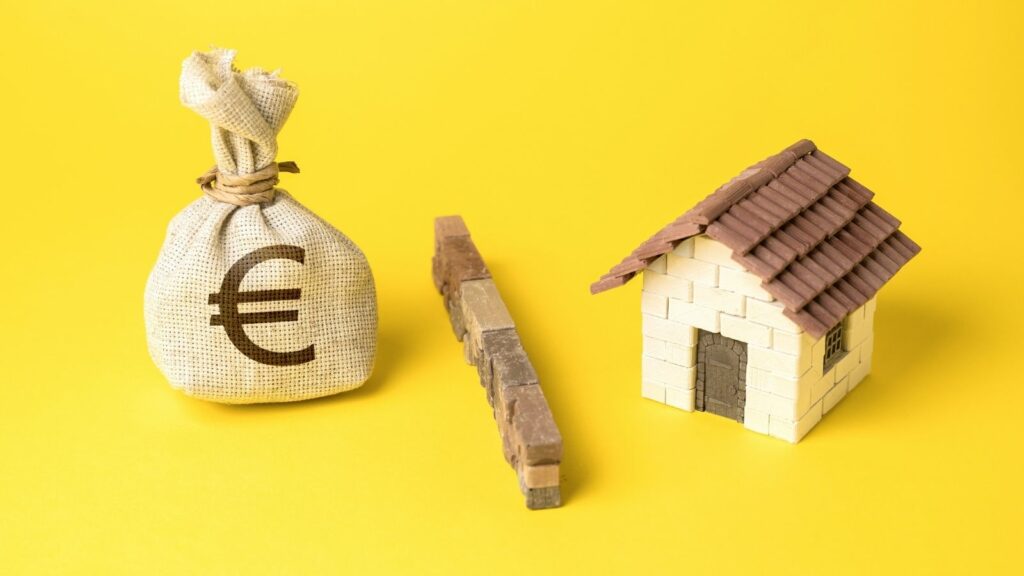Ever wonder why there is such unpredictability in a housing market bubble? It’s similar to attempting to forecast the weather—it can be bright or stormy at any time, but it always keeps you on guard. The housing market bubble is a real-world roller coaster that has seen people experience both the highs and lows of abrupt market collapses. It is not merely a chapter in an economics textbook. Today, we’re going to explore some of the most unexpected and, to be honest, shocking facts regarding the housing market bubble that you most likely were unaware of.
The Origins of the Term “Bubble”
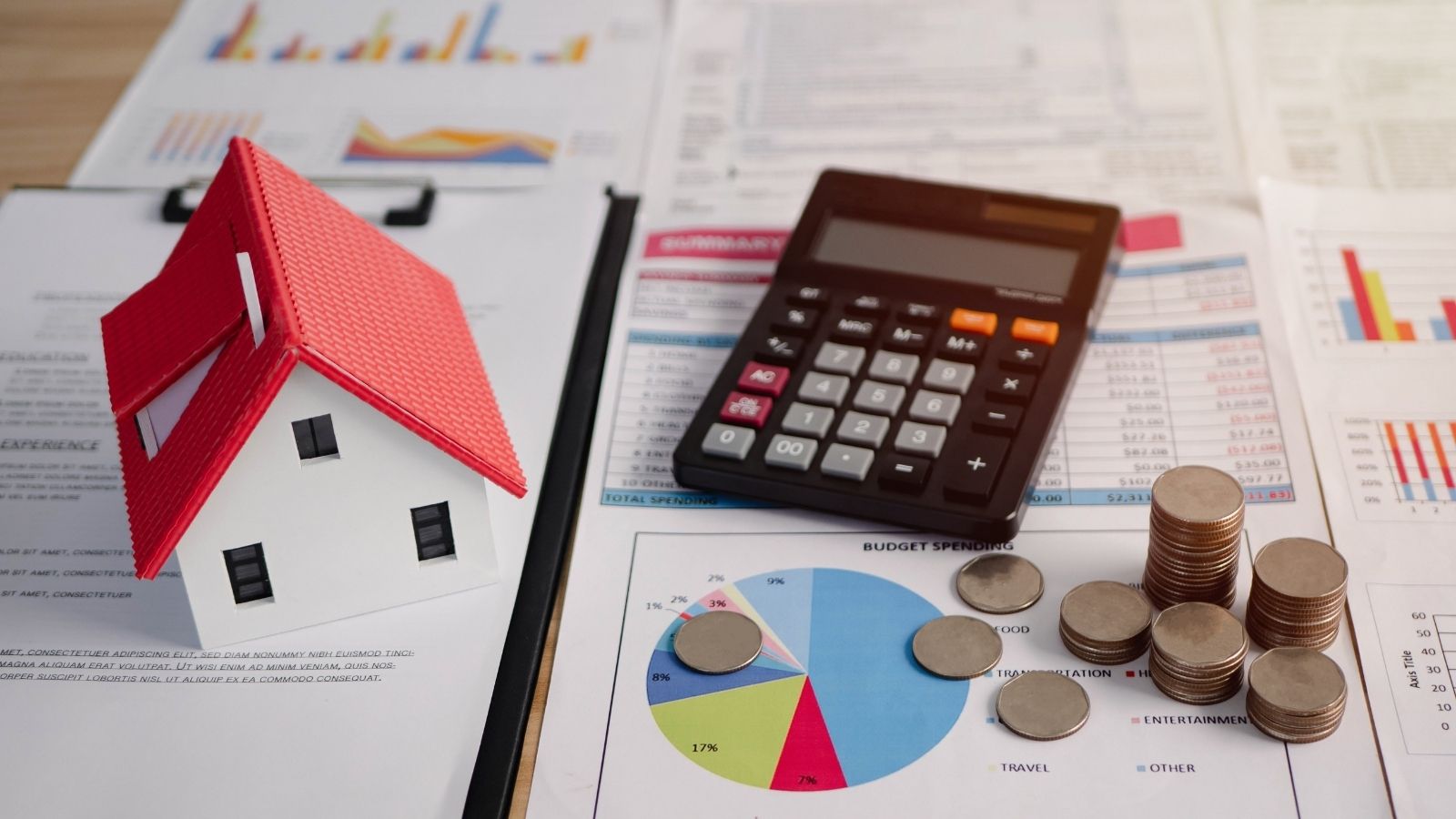
In economics, the term “bubble” first appeared in the early 1700s during the English South Sea Bubble. Housing bubbles are brittle and prone to abrupt bursts, much like real-world bubbles, leaving a financial mess in their wake.
The First U.S. Housing Bubble
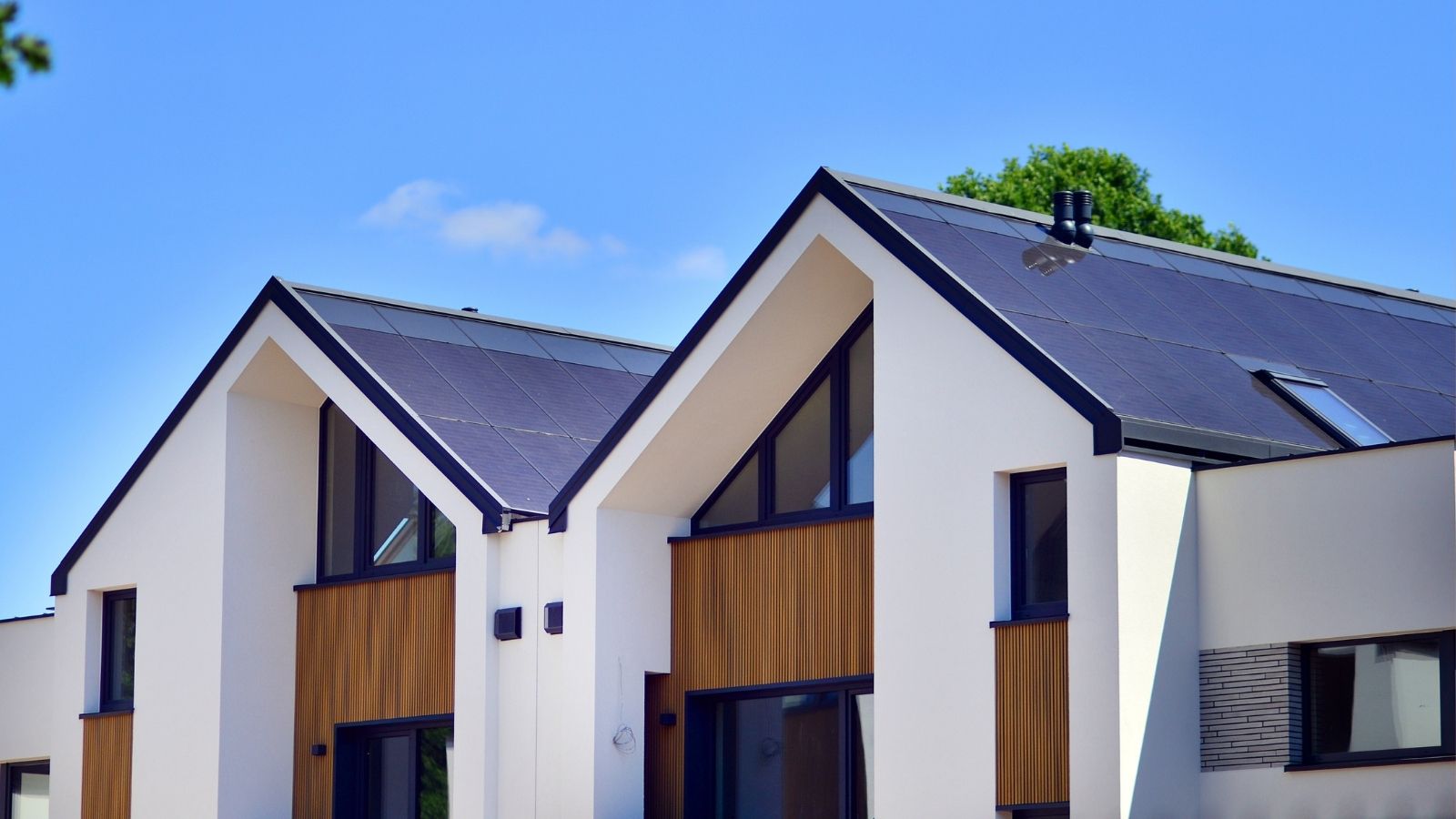
Many people believe that the 1920s, right before the Great Depression, saw the first housing bubble in the United States. Florida’s real estate market saw an enormous boom followed by a disastrous fall, which paved the way for more bubbles.
Japan’s Real Estate Bubble

Japan’s property prices surged dramatically in the late 1980s due to easy financing and speculative investments. The early 1990s bubble burst, resulting in the “Lost Decade,” a protracted period of economic stagnation.
The 2008 Global Financial Crisis

The world financial crisis began in 2008 when the most notorious housing bubble burst. As a result of the global ripple effects, millions of people lost their homes, jobs, and savings.
The Role of Subprime Mortgages

The popularity of subprime mortgages was one of the leading causes of the financial bubble in 2008. Lenders gave loans to people with bad credit records, leading to an unsustainable housing boom that finally crumbled.
Housing Market Bubbles Aren’t Just a U.S. Phenomenon
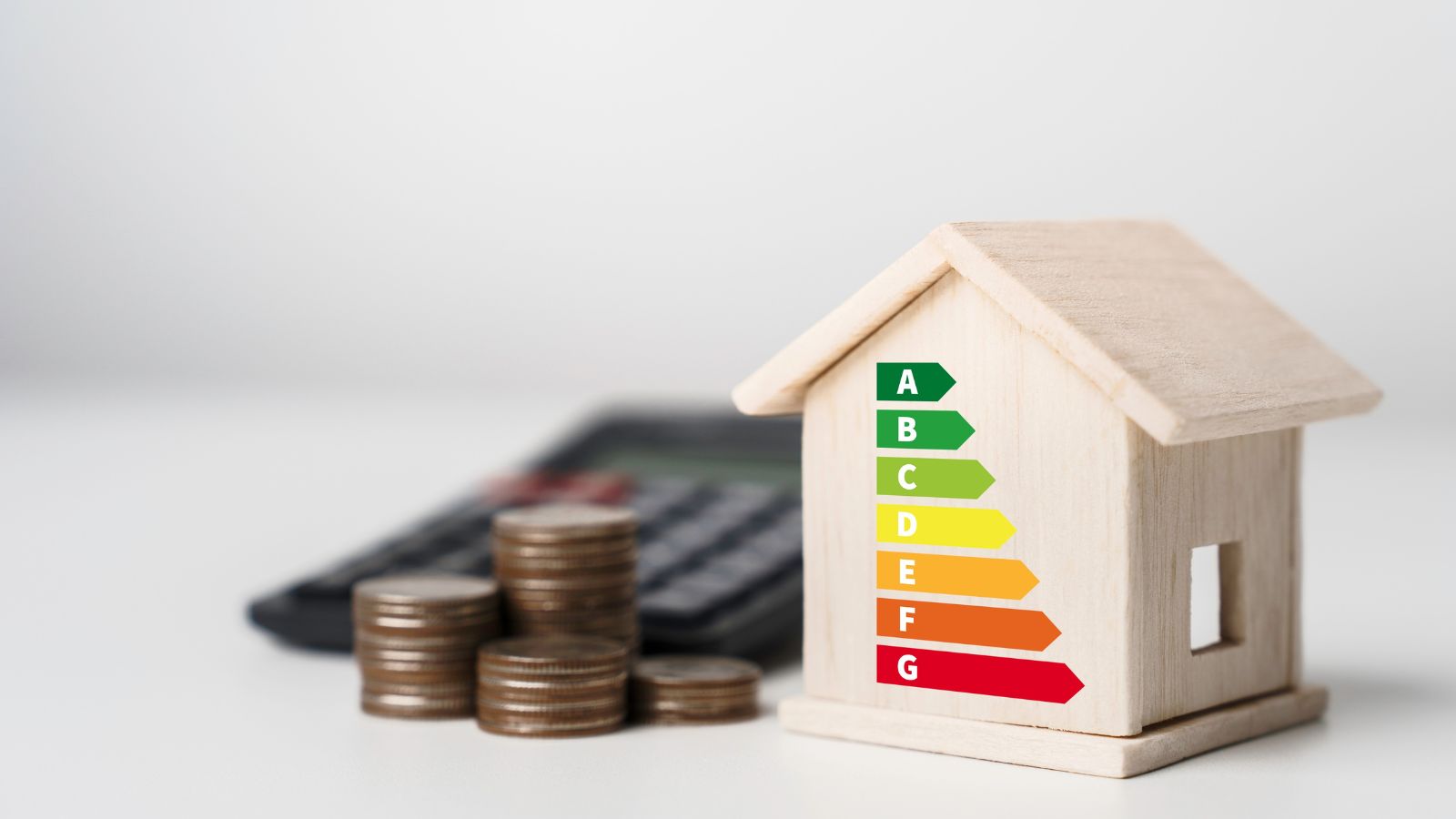
While the US housing market receives most of the attention, other countries have also experienced similar booms. There have been real estate booms and busts in China, Spain, and Ireland, with varying degrees of detrimental consequences on the economy.
Speculation Drives Bubbles

A significant factor in the formation of housing bubbles is speculation or the purchasing of assets with the expectation that prices will grow. When too many individuals join the bandwagon, prices rise uncontrollably, creating the conditions for a crash.
The Myth of Ever-Increasing Property Values

Property values are often thought to increase. Even though real estate is typically a wise long-term investment, bubbles serve as a reminder that values can and do drop, sometimes sharply.
Government Policies Can Inflate Bubbles
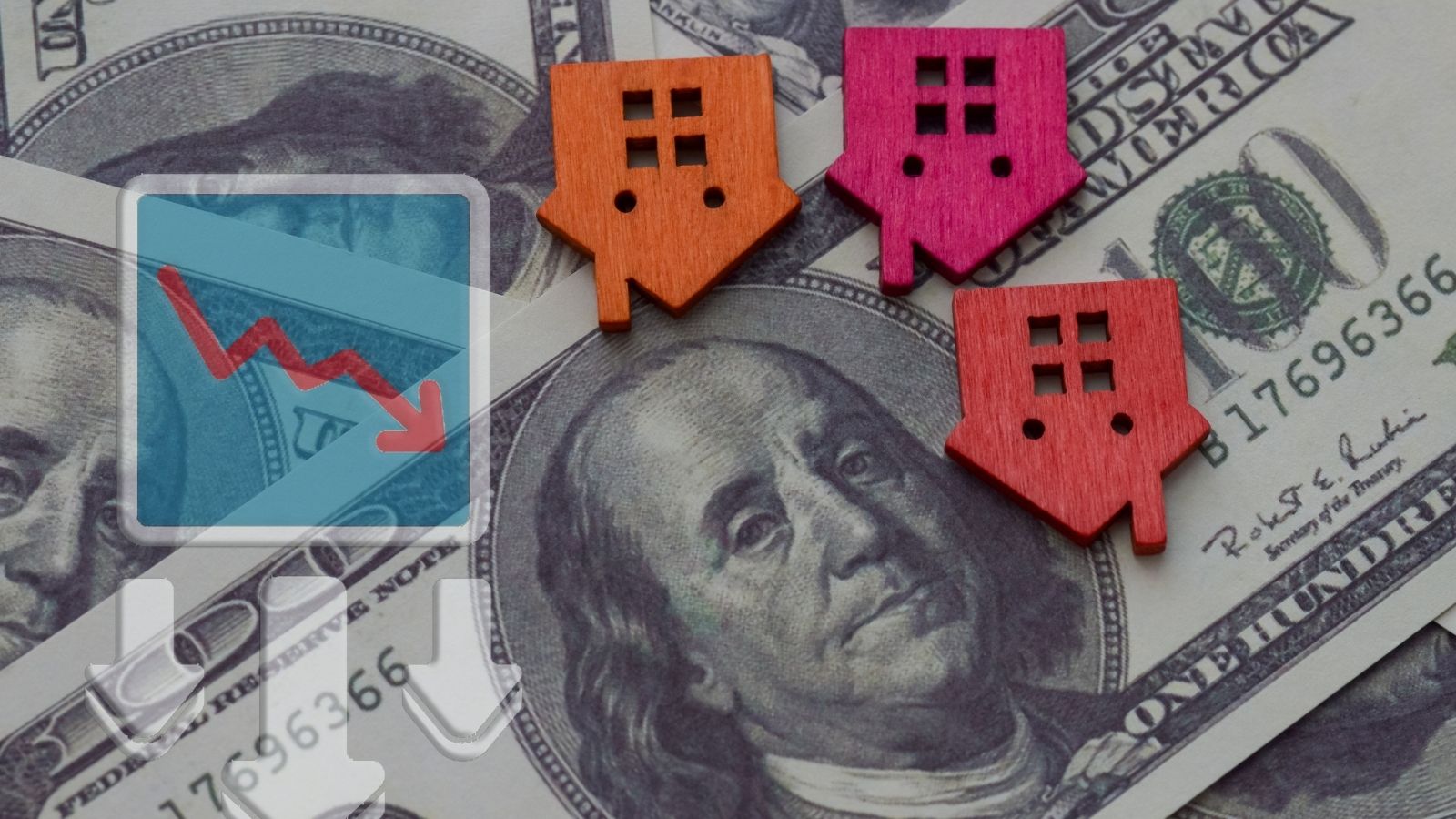
A housing bubble may unintentionally burst due to government actions that promote excessive borrowing and speculation, such as tax breaks for first-time home buyers or low loan rates.
The Role of Credit Default Swaps
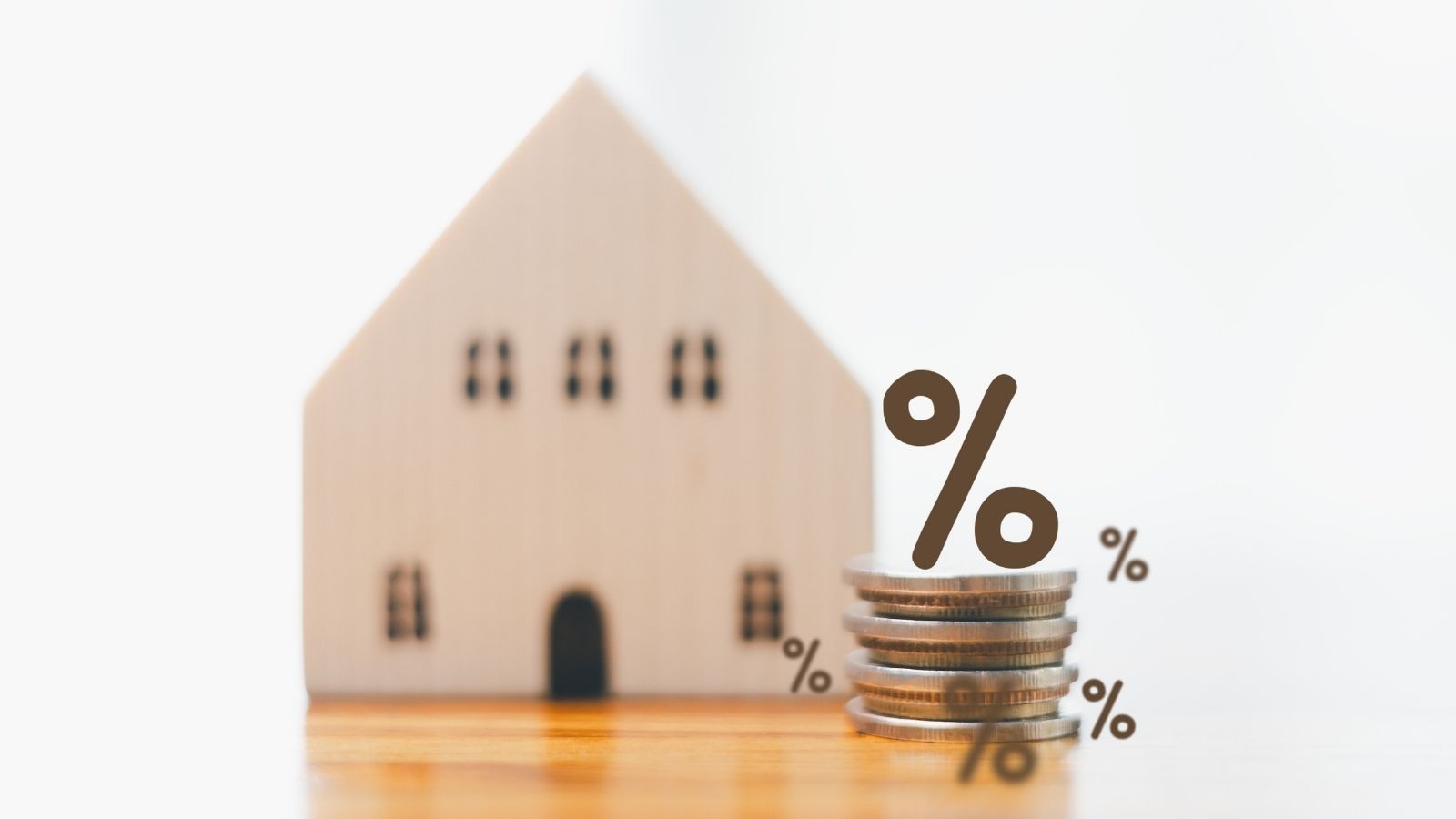
A financial instrument known as credit default swaps (CDS) was a major contributor to the housing crisis of 2008. These swaps increased the financial effect of the bubble burst by enabling investors to make investments on the default of mortgage-backed securities.
The Real Estate Market Can Affect Entire Economies

The effects of a housing bubble burst extend beyond the real estate sector. As demonstrated in 2008, when the U.S. recession set off a worldwide economic crisis, entire economies could suffer.
Bubbles Can Be Localized
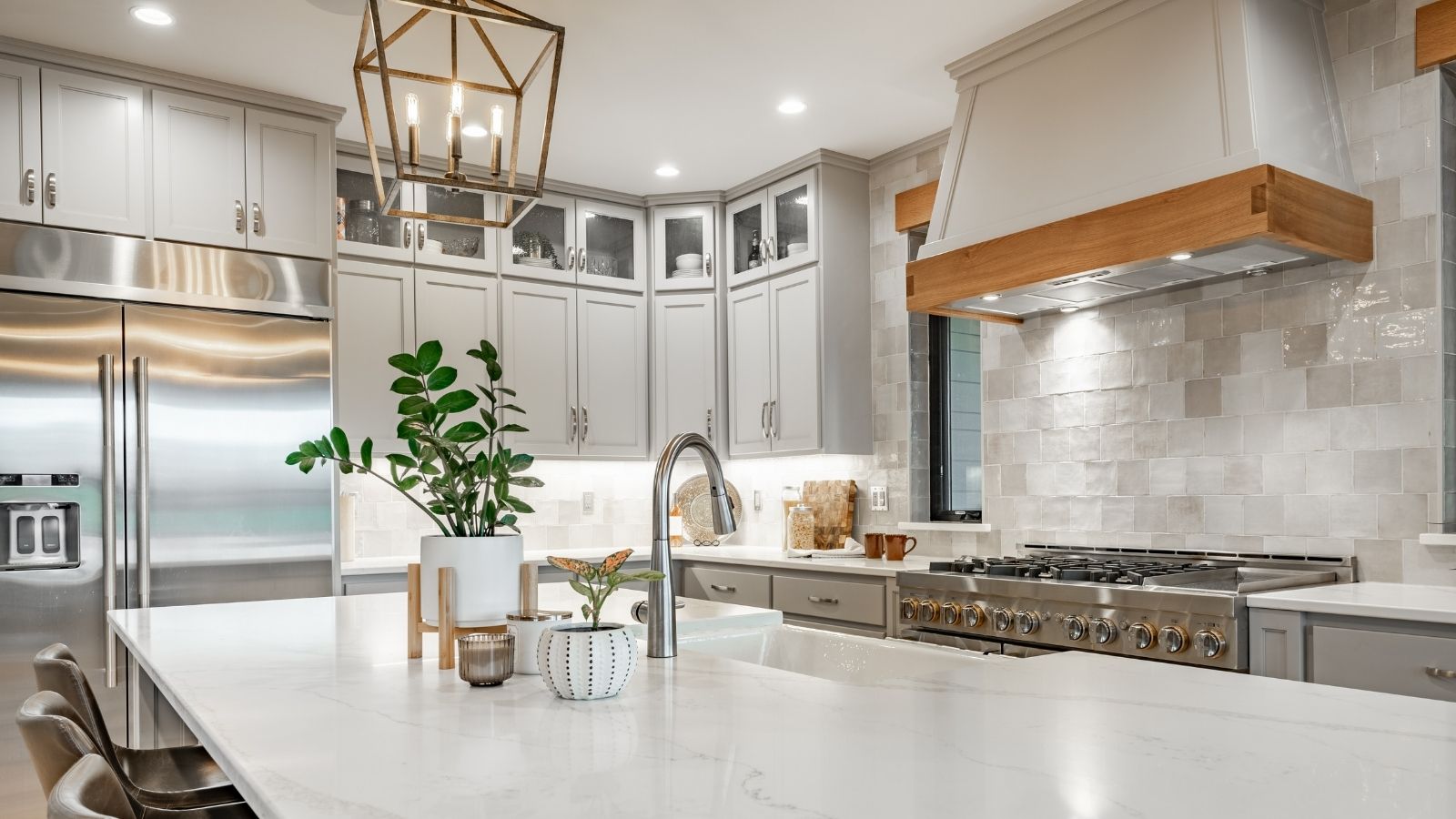
Not every housing bubble occurs nationwide. Certain ones are confined to particular towns or areas, propelled by distinct elements like an innovation boom, abundant natural resources, or a sharp increase in the populace.
The Impact on Homeowners

Homeowners who find themselves “underwater,” paying more on their mortgages than their homes are worth, can happen when a housing bubble collapses. During the 2008 financial crisis, this kind of scenario was frequent and resulted in a large number of foreclosures.
Housing Bubbles and Income Inequality

Housing bubbles could lead to a rise in income inequality. Although it is more difficult for lower-class households to buy a home, wealthy people and investors usually stand to benefit the most from growing property values.
The Role of Media Hype
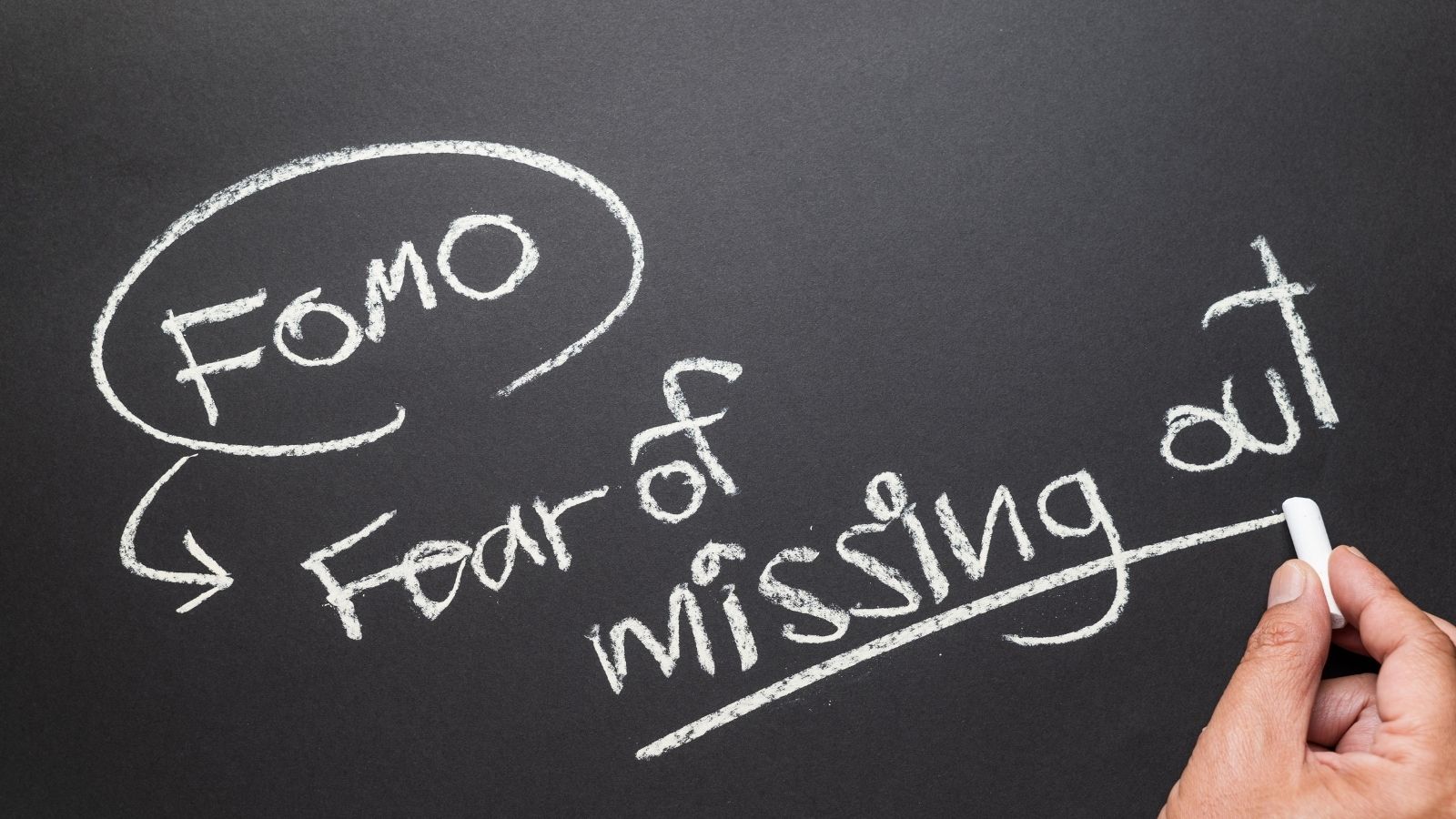
The fear of missing out (FOMO) or a sense of urgency created by media coverage can feed housing bubbles. When everyone is talking about how much property values are rising, this can encourage even more speculative purchasing.
The Psychological Component

Housing bubbles include psychological components. Despite the fact that the prices may seem high, people have a tendency to follow the herd and invest in the market when they observe others doing the same.
The Aftermath
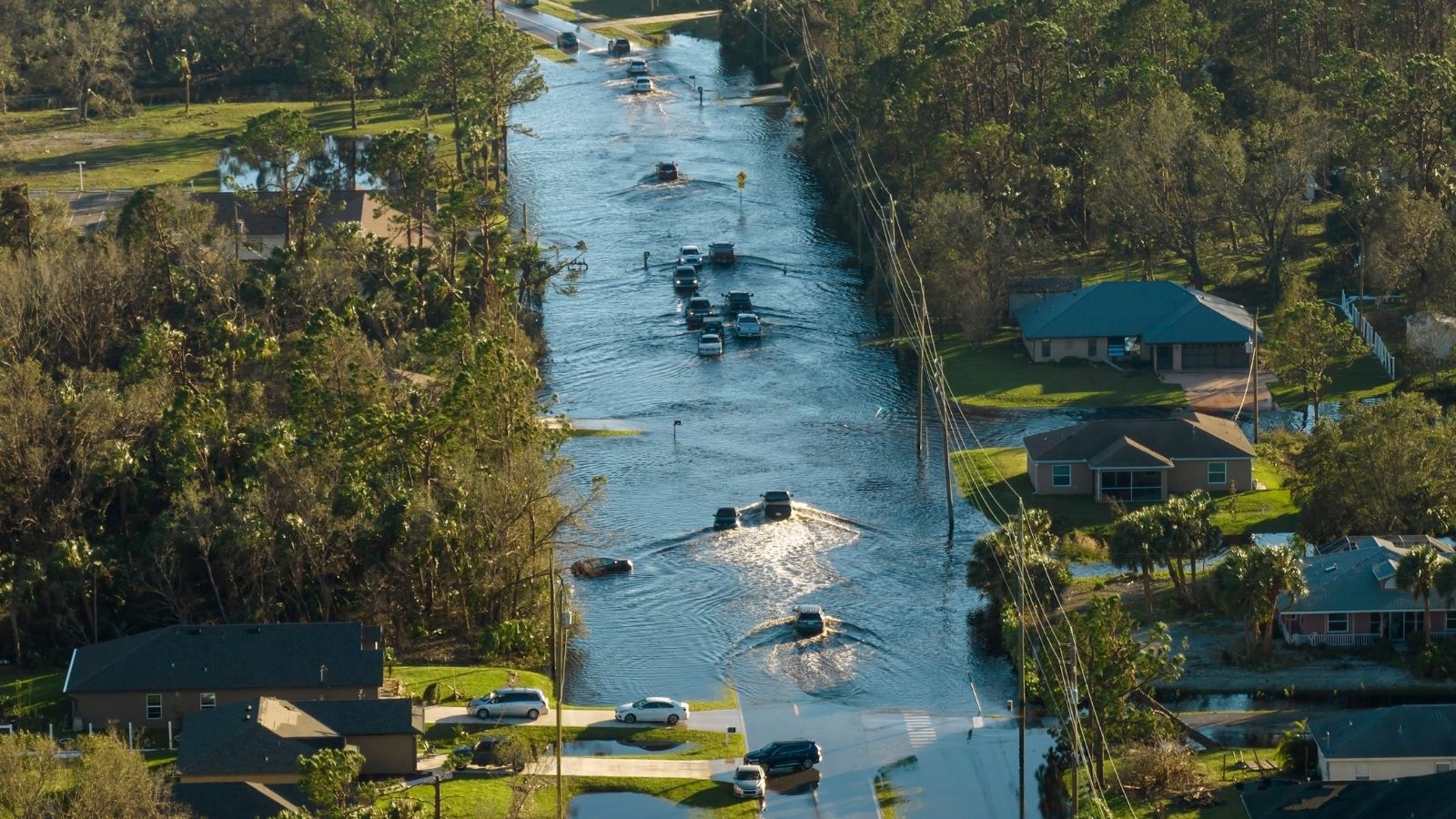
A housing bubble can leave behind lasting effects. The effects of an economic recovery on individual homeowners can be disastrous, ranging from property loss to severe financial troubles. This process might take years.
Housing Bubbles and Rental Markets
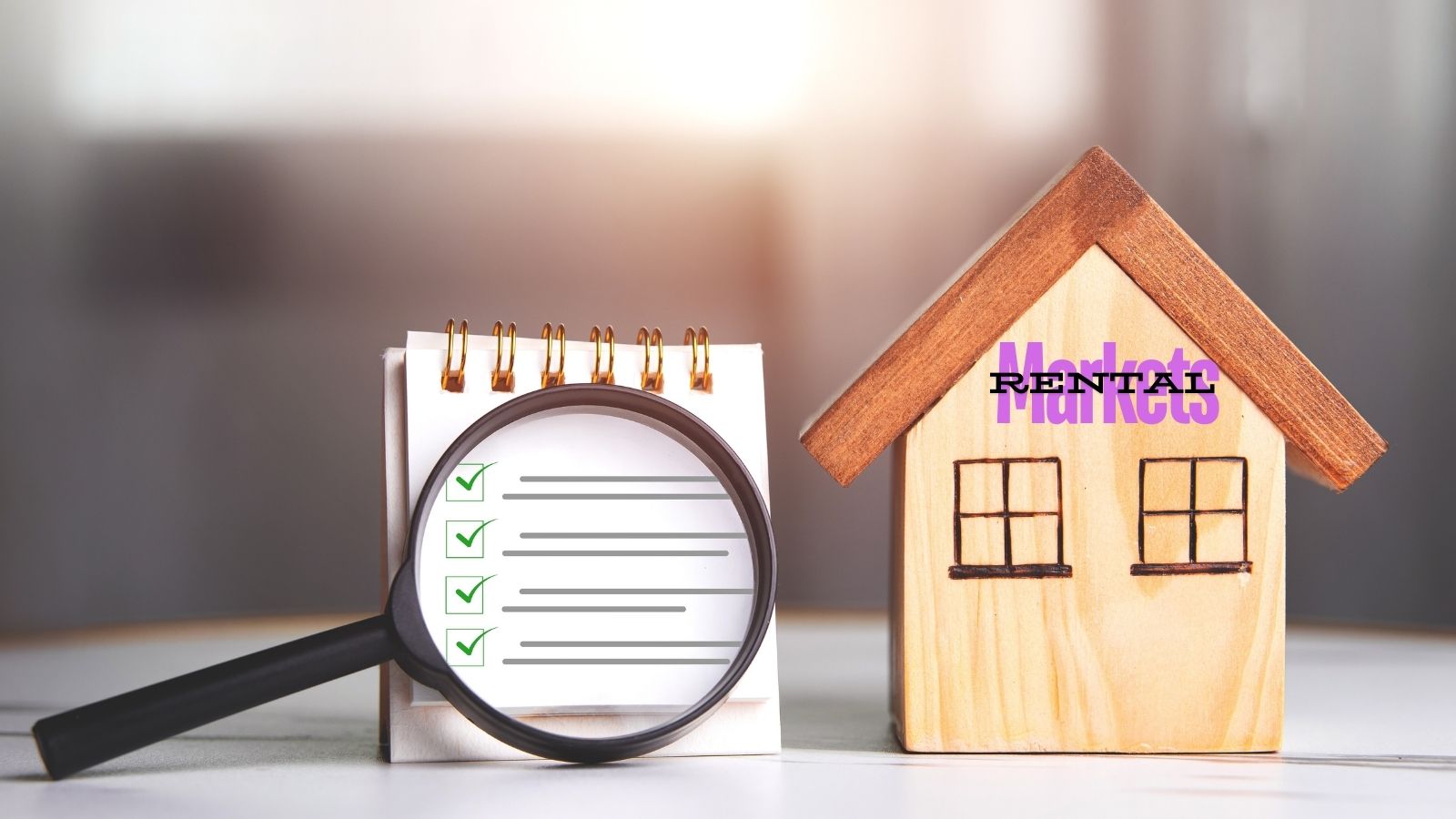
Rental markets may suffer greatly if the housing bubble breaks. Rent increases may result from a rise in demand for rental units caused by a drop in home ownership.
The Repercussions for Future Generations

A housing bubble burst may impact future generations financially. Children of individuals who lost their houses or funds may experience less opportunity and financial hardship.
Are We in a Bubble Now?

The million-dollar issue is whether we are in a housing bubble again. Specialists differ on the recent surge in housing prices worldwide. While some suspect that another crash is imminent, others maintain that the market’s fundamentals are more solid this time.
Conclusion
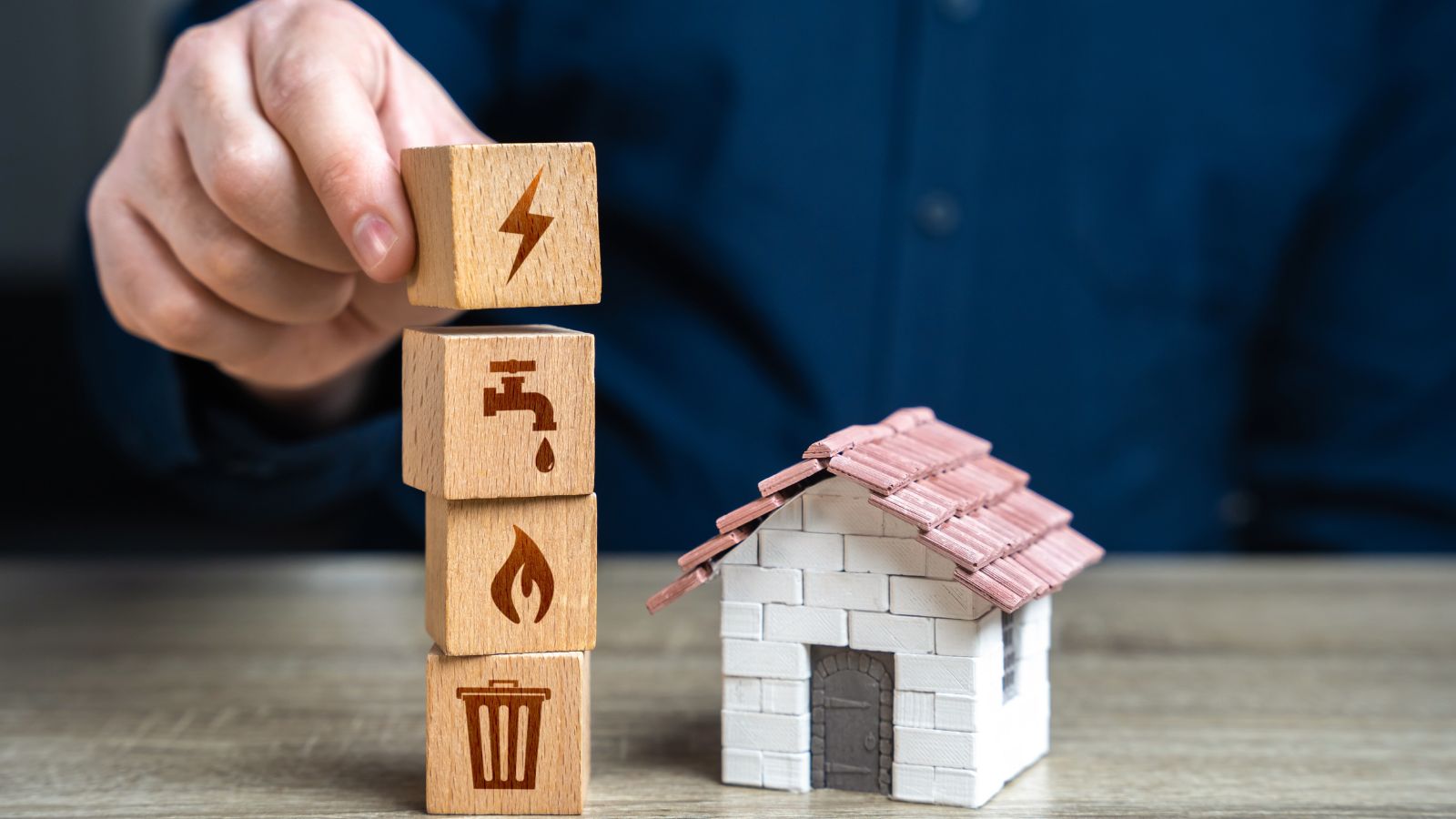
So, what have we discovered as a result of all this? Bubbles will always occur in the housing market since it is a complicated cycle. Although the thought of a bubble popping might be unsettling, being aware of the warning signals and the background information helps guide our judgments. Having a broad perspective might make all the difference whether you’re buying, selling, or just interested in real estate. As with any bubble, the question isn’t if it will break but rather when.
5 Canadian Provinces Predicted to Thrive in the Next Economic Boom

5 Canadian Provinces Predicted to Thrive in the Next Economic Boom
